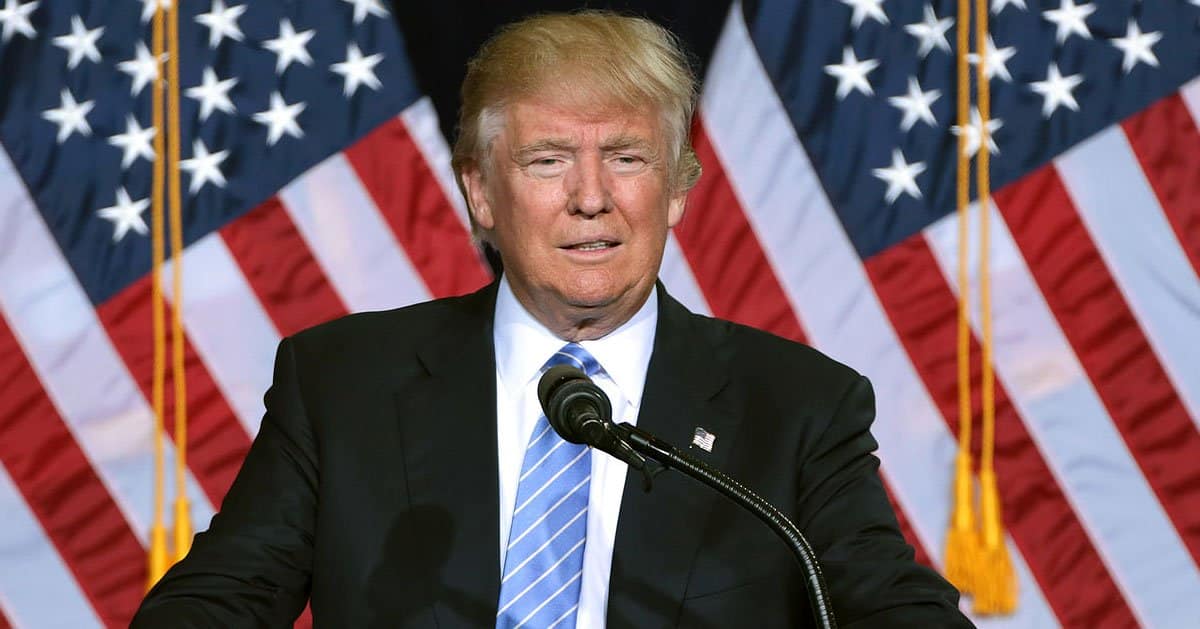







As Vice President Kamala Harris considers a run for the presidency, the dialogue around her racial identity becomes increasingly complex.
The New York Times reported that this news story explores the diverse viewpoints among U.S. voters regarding Vice President Kamala Harris’s discussions about her racial identity in the context of her potential presidential candidacy.
Among the voices contributing to this discussion is Larhonda Marshall, a healthcare worker from Chicago, who expresses a sense of fatigue over the ongoing focus on Harris’s racial background.
Vice President Harris, born to a Jamaican father and an Indian mother, has often been at the center of false narratives about her identity, notably by former President Donald Trump. Her response has consistently been to address the divisiveness rather than focus on her racial identity.
Her stance has been one of resisting labels and promoting self-acceptance, often stating her comfort with her identity in a straightforward manner.
Interviews conducted across the nation reveal a strong preference among voters to focus more on Harris's qualifications and policy proposals than her race.
Indeed, recent polling suggests that making history is less of a concern for voters compared to understanding the kind of leader Harris would be as president.
The conversation about race in politics has shifted significantly, emphasizing the effectiveness of affirmative action and diversity programs rather than making symbolic gestures.
The political landscape has undergone significant changes since the election of Barack Obama, with an evident backlash against diversity initiatives in some quarters.
However, a poll reveals that a minority of Black voters in key battleground states still view the potential of electing the first Black female vice president as a significant, though secondary, factor.
This viewpoint underscores a nuanced perspective where identity plays a role but does not overshadow electability and policy effectiveness.
Bradley Thurman Jr., another voter, highlights a widespread sentiment: "We can all see that you’re Black — everybody knows that," emphasizing the need to focus on policy rather than racial identity.
Mara Siegel and Nicolaz Hamilton echo similar sentiments, calling for a reduction in identity politics in favor of unity and practical governance.
Political analyst Ruy Teixeira questions the effectiveness of emphasizing Harris’s race in winning over voters, suggesting that such strategies may not significantly shift voter preferences.
Gerald De La O criticizes the approach of narrowing candidate selection based on gender and race rather than broader qualifications.
Cornell Belcher offers insight into Harris's public persona, noting her ability to authentically engage with issues beyond her identity.
Overall, the sentiment among voters appears to crave substantive discussions that prioritize future policy directions over symbolic identity politics.
In conclusion, while Vice President Kamala Harris's racial identity forms a part of her public persona, it is clear that a significant portion of the electorate prefers to focus on her qualifications and vision for America.
As Harris possibly gears up for a presidential run, the emphasis seems to be shifting towards a pragmatic evaluation of her potential leadership rather than her historical significance based on race.



